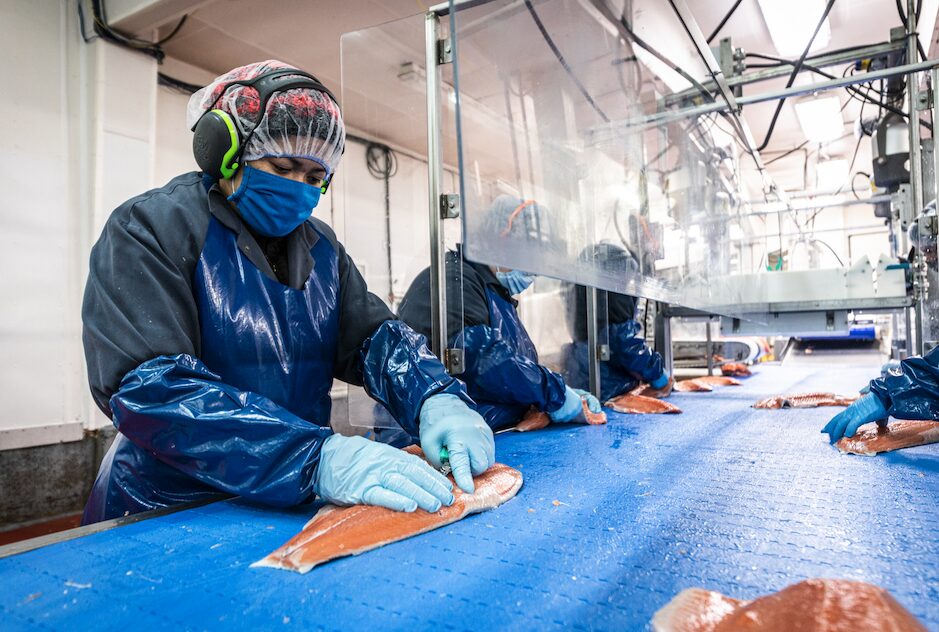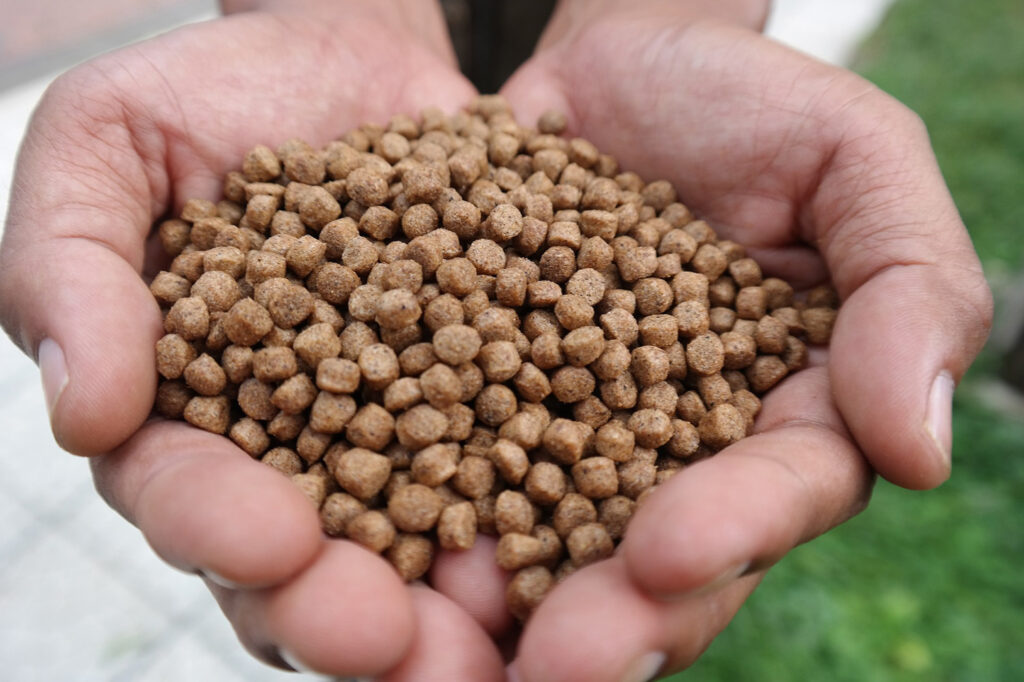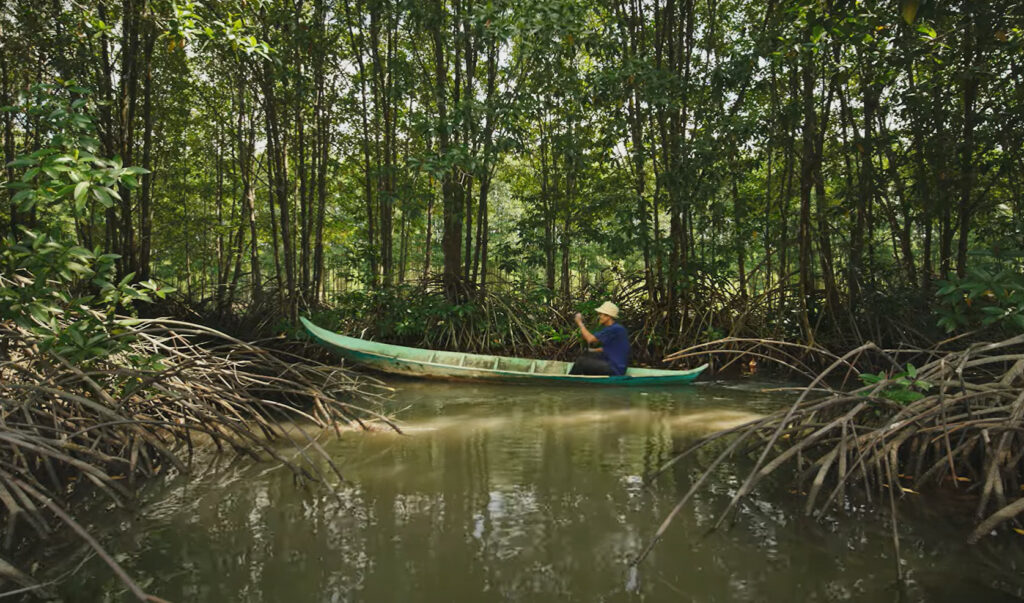Public Input Sought on Best Aquaculture Practices Feed Mill Standard Issue 3.0
The Best Aquaculture Practices (BAP) Feed Mill Standard Issue 3.0 is now available for public comment, the Global Aquaculture Alliance announced on Nov. 21. The 60-day public comment period ends on Jan. 20, 2020.
A technical committee led by professor Ron Hardy of the University of Idaho revamped the standard in response to growing demand for sustainable farmed seafood. The requirements for Hazard Analysis and Critical Control Point (HACCP)-based feed safety and the ethical treatment of employees have been greatly expanded. The standard continues to address the responsible sourcing of feed ingredients, but the requirements for marine inputs and key terrestrial inputs, including soy and palm oil, have been strengthened. New requirements have also been added relating to energy usage, water usage and to antioxidants to ensure that the standard retains its place as the leading standard for responsible aquafeed production.
“All interested stakeholders are invited to comment, and all properly submitted comments will be acknowledged,” said BAP Standards Coordinator Dan Lee. “This ensures that the final standard benefits from the most broad-based input possible.”
To comment, download the BAP Feed Mill Standard Issue 3.0 comment form and submit the form to dan.lee@globalseafood.org and david.yunker@globalseafood.org. The standard and comment form can be found here: https://www.bapcertification.org/Standards
About BAP
A division of the Global Aquaculture Alliance, Best Aquaculture Practices is an international certification program based on achievable, science-based and continuously improved performance standards for the entire aquaculture supply chain — farms, hatcheries, processing plants and feed mills — that assure healthful foods produced through environmentally and socially responsible means. BAP certification is based on independent audits that evaluate compliance with the BAP standards developed by GAA.




